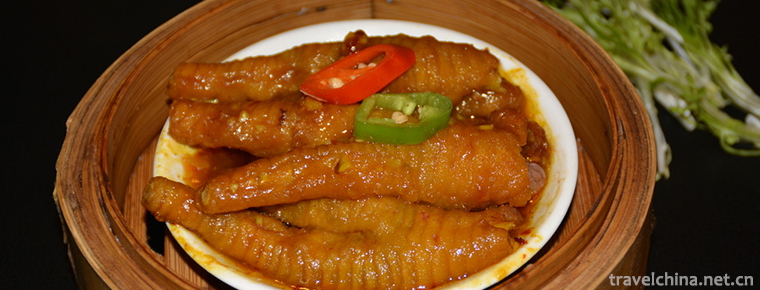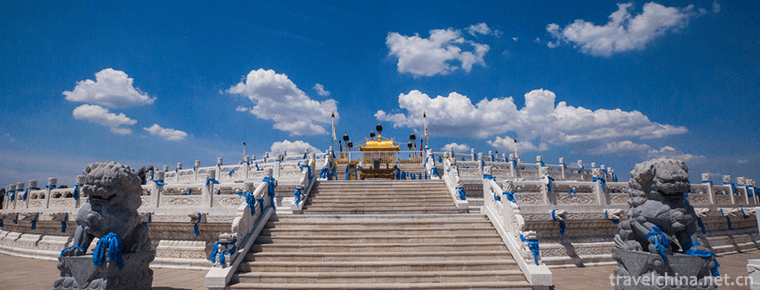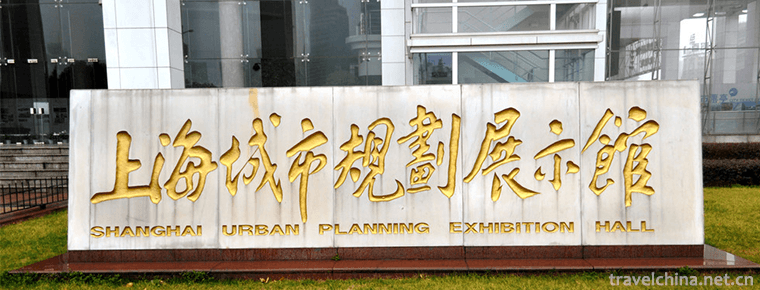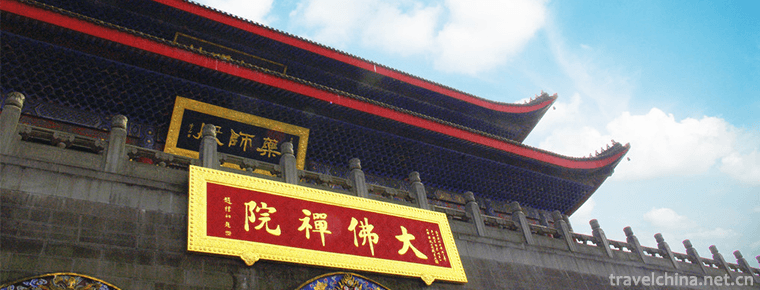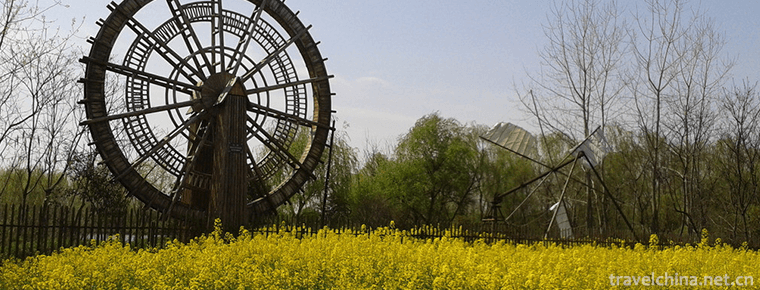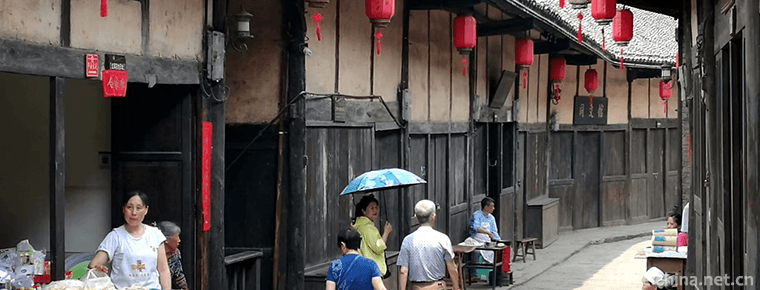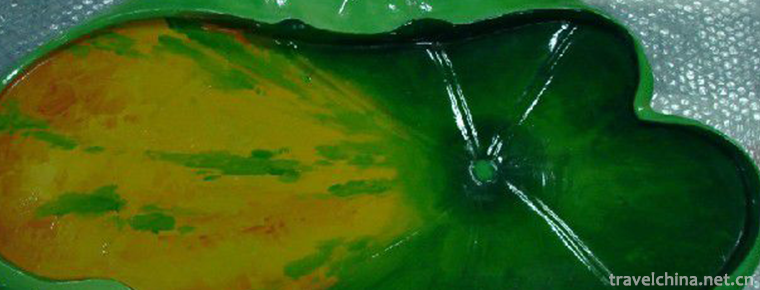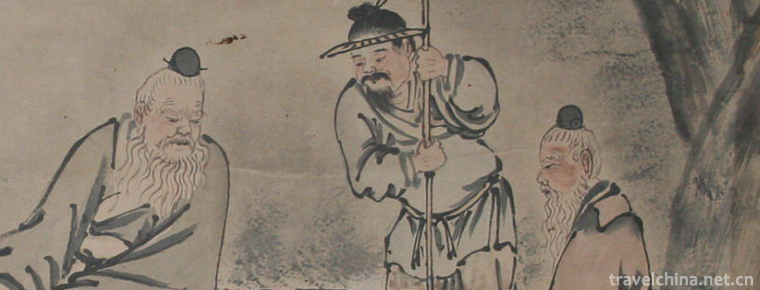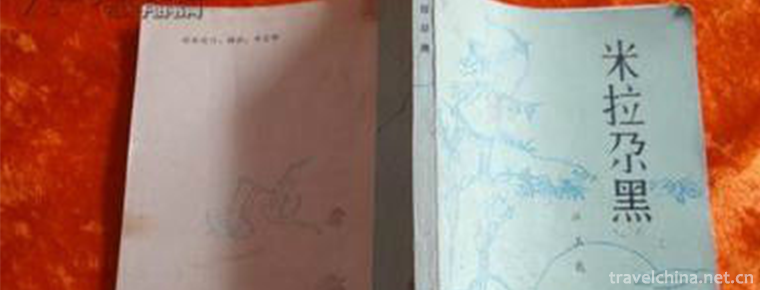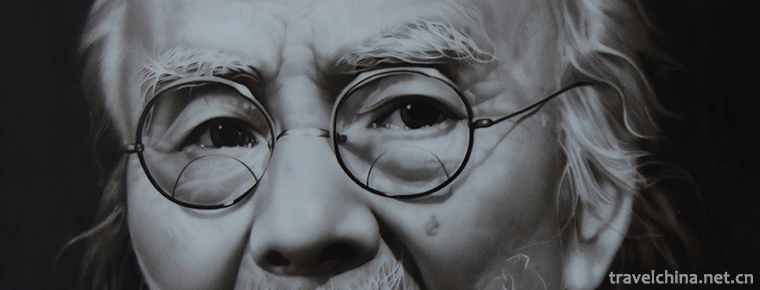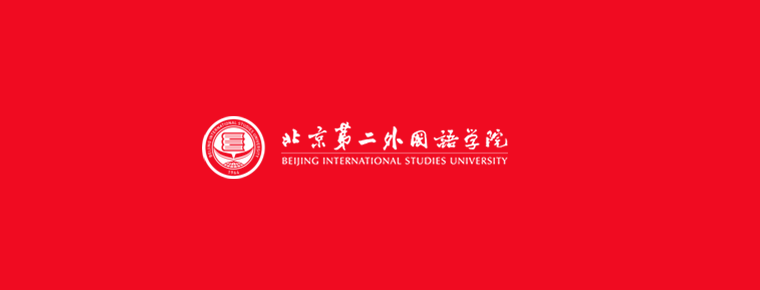Legend of Liu Yi
Legend of Liu Yi
The legend of Liu Yi's biography is one of the oldest popular folklores in Chinese history. With Liang Zhu, Tianxian Pair and White Snake Legend, they are called the four legends of Chinese folklore. The legend of Liu Yi is one of the intangible cultural heritages in Shandong Province.
In May 2011, the legend of Liu Yi declared by Hanting District, Weifang City, Shandong Province, was approved as the third batch of intangible cultural heritage by the State Council.
historical origin
The earliest literary work reflecting Liu Yi's biography is the Tang legend Liu Yi's Biography, which was written by Li Chaowei in Taiping Guangji, a collection of anecdotes compiled by Chen Han of the Tang Dynasty. Liu Yi's biography tells us that Liu Yi, a scholar who lost his title, crossed the Jinghe River in Shaanxi Province and met Dongting Dragon Woman Shepherd in the wasteland. The Dragon Girl confessed that she had been abused in her husband's home in Jinghe. She demanded Liu Yi's biography to rescue her, and Liu Yi promised. After the Dragon girl was saved, she longed for Liu Yi, and after many twists and turns, they finally became a happy couple. Liu Yi's biographical stories show strange and romantic colors and fresh and handsome spirit. The plot is also bizarre and tortuous, full of drama, since the Tang Dynasty has been widely spread among the people. So far, there are different versions of Liu Yi legends in many parts of the country. However, experts believe that the legend of Liu Yi in Hantang District of Weifang City, Shandong Province, has a complete form of cultural resources, including the relevant sites, the inheritance of human relations, and the resulting folk religious activities, which can be called a complete system.
primary coverage
In the seventh century of Tang Dynasty, there was a scholar named Liu Yi in Rongxiufang in Suzhou City. He went to Beijing to catch up with the exam and could be named Sun Shan. Before he returned to Wu, he went to Jingyang, a hundred miles north of Chang'an to visit his fellow countrymen. On the way to the grassland pasture, I saw a young woman herding sheep, but described her as gaunt and eyebrows, but she did not lose the temperament of ladies. After several questioning, it was known that the woman was the three princesses of Longjun in Dongting, Taihu Lake. She was bullied and abused by her husband, the second son of Longjun in Jinghe, and was eventually relegated to the grassland to herd sheep. However, in a foreign place, parents thousands of miles away could not understand the suffering of persecution. Knowing that Liu Yi came from Suzhou on the shore of Taihu Lake, he asked him to hand down a letter from a wild goose; Liu Yi said that he would do his best to deliver the letter. The dragon girl also spread the method of how to enter Taihu Lake and fairyland to pass letters to Dongting Dongshan. After submitting the letter, the Dragon girl disappeared with the sheep.
On that day, Liu Yi rushed to visit a friend's home in Jingyang, and learned that Jingyang City was near the Jinghe River, which flowed from Liupanshan to Weihe River. The whole length of the river was 902 miles. The dragon girl married here far away.
After a long journey back to Suzhou City, Liu Yi hired a white horse to travel westward the next day and sent a letter to Dongting Dongshan, 80 miles away (Dongting Dongshan, a large island in Taihu Lake more than a thousand years ago, is separated from Dongting Xishan Island in the west; it was gradually connected with land in the Qing Dynasty that formed today's Dongshan Peninsula). Liu Yi went to the Taihu Lake and hired a boat and horses to Dongshan Island in Dongting. After several inquiries, I found the Stone Tablet Square of the "Ancient Orange Society" and a big orange tree with dense branches and leaves, then took out the silk ribbon given by the Dragon Girl and wiped it three times on the tree. The orange tree swayed unexpectedly. After a while, the waiter of the Dragon Palace at the bottom of the lake brought shrimps, soldiers and crabs to welcome it. When asked why, the waiter guided Liu Yi from the well into the Dragon Palace.
After meeting the Dragon King, Liu Yi briefly introduced his trip to Chang'an and met the three princesses of the Dragon King of Dongting by the Jinghe River. The princess was persecuted by the dragon in the Jinghe River. Her father-in-law also took care of her son and the princess was tortured by the forced shepherd. The Dragon King was so sad after reading that he regretted that he mismatched his daughter with his husband. Knowing this, Qian Tangjun, a brother of Dongting Jun, got angry from his chest. He led the Taihu Dongting Marines and Qiantang River Marines to March West to Jinghe Dragon King, captured Jinghe Dragon, swallowed him up and rescued his niece.
The Dongting emperor held a banquet to invite Liu Yi, and the dragon mother met Liu Yi, expressing her deep gratitude. Qian Tangjun personally matchmaker, want to marry three nieces to Liu Yi, but Liu Yi refused. The next day, Liu Yi left. The Dragon King gave Liu Yi many exotic treasures. The escort waiter diverted water and landed in the well. Liu Yi led the horse by ferry and returned to his home in the city.
In the following years, Liu Yi suffered several setbacks. First, he was framed by a "stall official" and was imprisoned. Then his wife died of a serious illness. Later, his wife died in dystocia. When Liu Yi was lonely and lonely and lacked intimate knowledge of life, she dressed up as Miss Liangjia and asked the matchmaker for a marriage. Finally, they got married. The Dragon Girl conceived in October and gave birth to a son. At this time, the Dragon Girl broke the truth to Liu Yidao: the Dragon King's family has been grateful for Liu Yizhang's grace of salvation, but also to hear the twists and turns in Liu Yi's life, so they came up with this way to repay their gratitude. The Dragon Girl said: I would like to serve my husband forever, and live with a white head.
Liu Yi and Long Nv later moved to Yanmen, Suzhou, for forty years. There was a year of severe drought in the south of the Yangtze River. When Taihu Lake almost bottomed out, Liu Yi could hardly bear to see it. He went to his father-in-law, Dongting Jun, and uncle Qiantang Jun to ask for rain. He borrowed rainwater to raise the water of Taihu Lake by three feet. The people of Wu are grateful to Liu Yi for their sacrifices to water-making temples in Suzhou and four townships, such as Narcissus Temple, Liuxian Temple and Baima Temple. After Liu Yi's death, the tomb was laid on the east side of Taibo Temple in Yanmen, Suzhou, and was placed in Wufeng Garden in the Ming Dynasty. People also built Liu Yi Bridge in the south of the tomb for commemoration and convenience.
Inheritance status
Professor Li Wanpeng, College of Literature, Shandong University, has been invited to participate in the research, promotion and evaluation of the application for the "Shandong intangible cultural heritage list" since 2005. He believes that, by comparison, the legend of Liu Yi in Hanting District has a long history of "culture", has a clear heritage, and the corresponding local cultural relics and monuments are well preserved. It is a non-material culture worth declaring. Legacy.
Being selected into the national intangible cultural heritage list undoubtedly injects new impetus into the protection and development of "Liu Yi Culture" in Hanting District. At present, the region is making every effort to develop and construct the "Liuyishan Cultural Tourism Scenic Area" project. The total investment of the project is 177 million yuan, focusing on creating an eco-cultural tourism scenic spot with the theme of highlighting "love, fate" culture. Nowadays, Liuyi Temple, Liuyiqiao, Tianchi Sea Eye, wharf and ferry are taking shape.

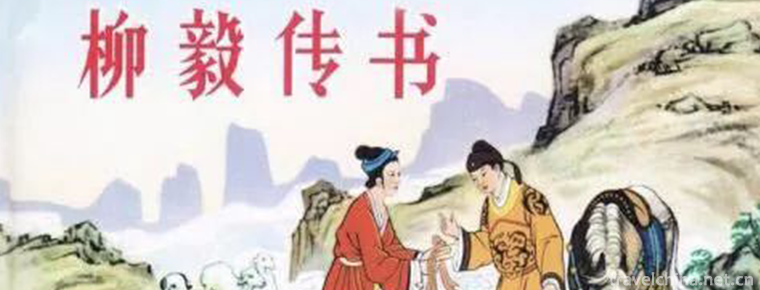
-
Steamed chicken feet with oyster sauce
Oyster Emperor steamed chicken feet, a featured delicacy, the main raw materials are chicken feet, small red pepper, oyster oil and so on, suitable for all ages..
Views: 227 Time 2018-11-02 -
Genghis khan mausoleum tourist area
Genghis khan mausoleum tourist area, also known as Chengling Tourist Area, commonly known as the Eastern Union Scenic Area (not Genghis Khanling).
Views: 331 Time 2018-12-01 -
Shanghai Urban Planning Exhibition Hall
The Shanghai Urban Planning Exhibition Hall was completed in early 2000 and opened to the public on February 25, 2000. As an important window for Shanghai's external publicity, Shanghai .
Views: 129 Time 2018-12-19 -
Buddhist Cultural Tourist Area of Great Buddha and Zen Temple
As the first door to worship Mount Emei, the Buddha Zen Temple is the first stop to pray and worship in Emei, and it is also a must-go place. The Grand Buddha Temple, formerly known as the Grand Buddh.
Views: 157 Time 2019-01-06 -
Qinhu National Wetland Park
Qinhu National Wetland Park is located between the central part of Jiangsu Province and the Yangtze and Huaihe River. The total area of the scenic spot is 26 square kilometers..
Views: 146 Time 2019-02-07 -
Taiping Ancient Town Scenic Area
Taiping Ancient Town is located at the junction of Gulin River and Chishui River, 35 kilometers away from Gulin County. Across the river from Xingmin Township in Xishui County, Guizhou Province.
Views: 102 Time 2019-02-13 -
Fuzhou bodiless lacquerware decoration skills
Fuzhou bodiless lacquerware decoration technology, Fuzhou, Fujian Province, local traditional handicraft, one of the national intangible cultural heritage..
Views: 172 Time 2019-04-30 -
Legend of Ronke Mountain
The legend of Mount Ronke is a local folklore spread in Quzhou, Zhejiang Province. Weiqi originated in China, and it is said that the root of Weiqi is Mount Ronke..
Views: 147 Time 2019-05-11 -
Mira Gahei Mile La Ga Hei
Mira Gahei, Dongxiang folk tale. Also known as "Moonlight Mirror". Among the Dongxiang people, there are also poem-style stories of "Mira'er Hei", which are intermingled in rhyme a.
Views: 103 Time 2019-06-04 -
Beijing Second College of Foreign Languages
Beijing Second Foreign Language College is a famous university with advantages of foreign language and literature and tourism management, and coordinated development of literature, management, economi.
Views: 311 Time 2019-09-06 -
Guiyuanlin Zhangba Luzhou
Longan forest in Zhangba, Luzhou is a genetic Bank of Longan Germplasm in inland China. As the most concentrated longan plantation with a history of more than 100 years, it is as valuable as giant panda in zoology..
Views: 177 Time 2020-10-16
